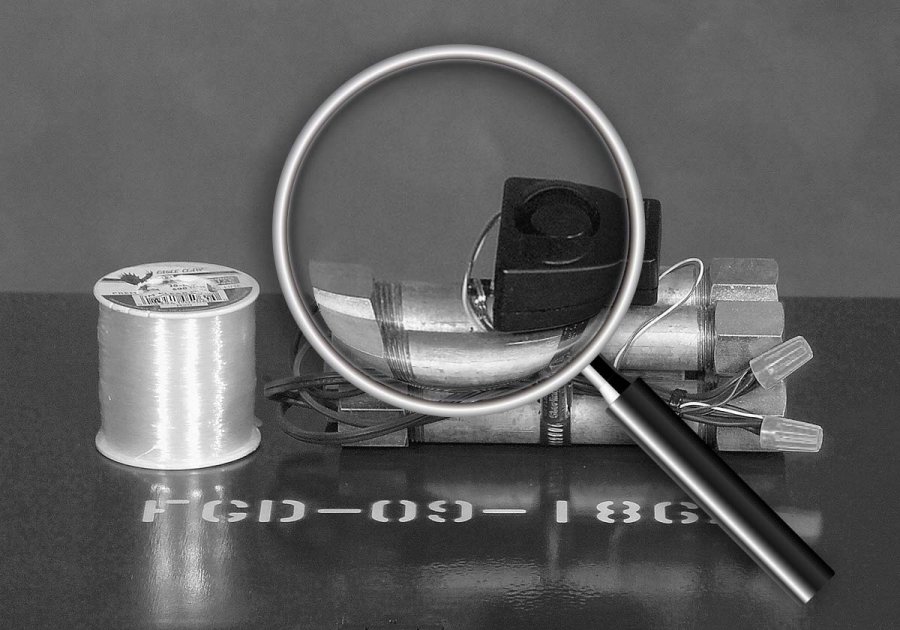Gittany case highlights controlling behaviour in a relationship can have fatal consequences
When Simon Gittany was sentenced to twenty-six years prison for the murder of his fiancé Lisa Harnum, a collective sigh of relief was heard around Australia. Justice was served after we saw prosecutors describe a toxic relationship that turned to tragedy.
Harassment Needs to End
“Today’s sentencing is bittersweet as this tragic case highlights the fatal risk to women living in abusive relationships and the importance of leaving such situations before they escalate,” said CEO of DVNSW (Domestic Violence NSW), Tracy Howe.
“Whilst no sentence can ever compensate Lisa’s family or friends for their loss, this sends out a clear message to perpetrators of violence, victims and communities that abuse in a relationship will not be tolerated.”
DENIAL
Perhaps the most telling example of denial was seeing Gittany’s current girlfriend Rachelle Louise on the Sunday Night program, says Howe. When presented with several examples of Gittany’s previous acts of violence, Ms Louise would always somehow justify his behavior.
“Rachelle excused Gittany’s behaviour as being justified. When shown the photo of Gittany with his hand over Lisa Harnum’s mouth whilst dragging her back into the apartment, Rachelle commented that he was just “acting instinctively” and trying to stop her from running away,” said Howe.
The DVRC defines domestic abuse as a “denial of human rights.” Denial is a big part of domestic abuse and is often experienced by both the abuser and the abused.
SIGNS
For anyone in an abusive relationship, there are lots of non-physical signs to recognize. These include controlling behaviors such a spying, intense jealousy and constant guilt. The Gittany case has highlighted for many the use of cameras and spyware that many perpetrators are employing to keep a tight grip on their partners. The psychological affects of being watched, stalked or continually monitored can be just as damaging as those of physical violence.
It must be noted that even if there is no physical abuse, all types of mental, sexual, emotional and psychological abuse are unacceptable.
HELP
For anyone living in an abusive relationship it’s vital to act sooner rather than later. One of the main emotions abuse victims feel is helplessness and a fear of being judged. These feelings are symptomatic of the kind of abuse they are feeling and need can often get in the way of victims seeking refuge or assistance from a harassing relationship.
If someone informs you that they are a victim of abuse then the most important thing to do is hold fast and maintain a dialogue about the problem. Often the abusive partner will tell you to mind your own business but never assume the problem has disappeared. It might take several attempts for someone to break free from an abusive relationship but offering support is the most important action anyone can take.
For more advice and information:
1800 RESPECT (1800 737 732)- supports people affected by domestic abuse all around Australia.
NSW Domestic Violence Line is 1800 65 64 63 – help women who are experiencing domestic violence.

